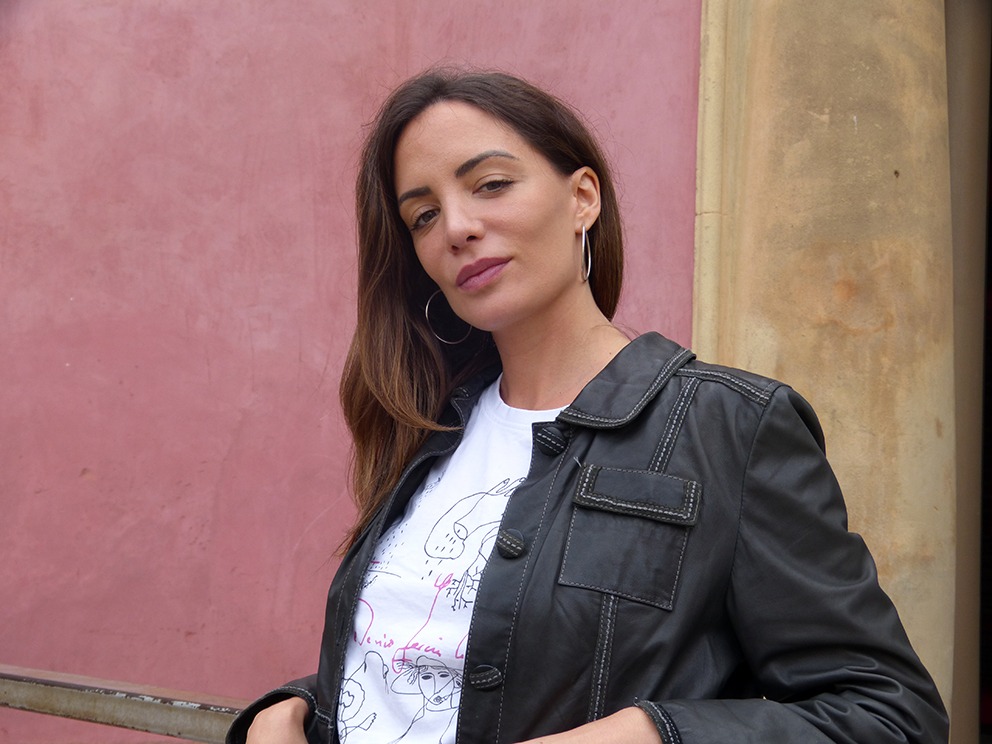Text – Albert Roca. Photographs by Albert Roca-J.Ladiv.
This Friday, November 18, it opens barren by Federico García Lorca, directed by Juan Carlos Martel Bayod, at the Teatre Lliure and which can be seen until December 16. The actress Maria Hervás plays the protagonist Yerma, and who she hopes will be “the first of many more” in Catalonia.
Yerma talks about the drama of a mother for not being able to have children
Yes, but Lorca goes further. She wants to have a son, and it is curious that she does not ask for a daughter, to be able to project those things that she has not been able to have. Yerma is the vindication of freedom and life, of being able to do what she feels and what she wants to do, and of not being subjugated to patriarchal regulations.
Yerma feels empty before the life she has
Her life is reduced to being in a house, preparing food… And she wants to have a child to have hope that life is something else.
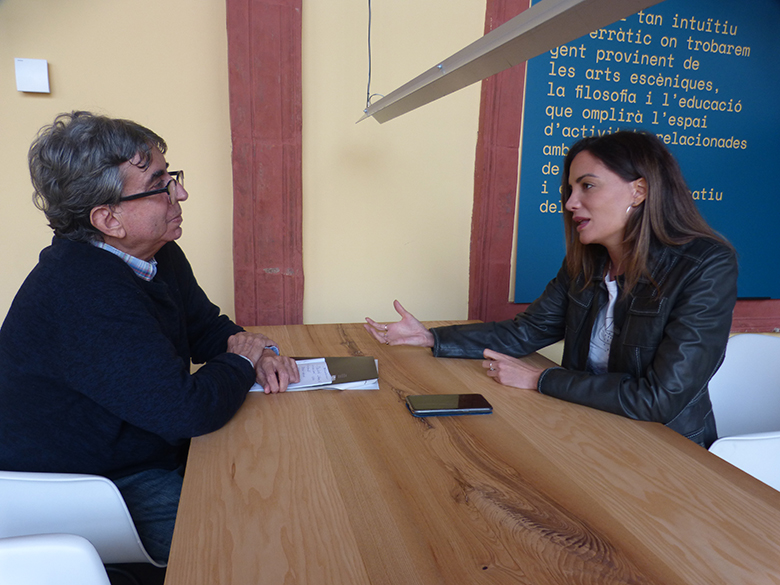
Is there a contemporary look?
All the authors and authors have to be constantly revisited, since if we stay in the old visions we will be failing the commitment of the current society. And Federico Garcia Lorca has to be and I, like María, read it from my circumstance. What Yerma is asking for is life and freedom and there are many phrases where she says it. “I want to drink water and there is no glass.” Currently there are things that we take for granted, and that are freedoms won by our ancestors. But it is not entirely like that, as can happen with the neighbor in the second who is subjugated, or the situation of women in Qatar.
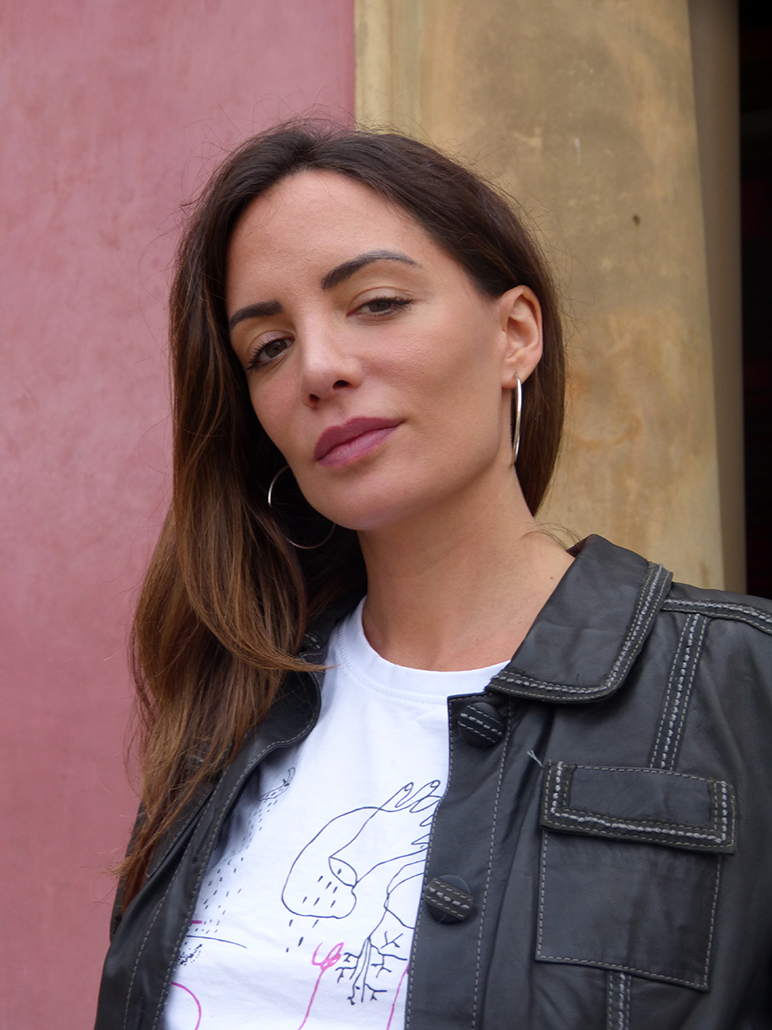
… where a football world championship will be held
It is something that shocks me a lot. We need our political leaders or the soccer players who move so much to commit themselves socially. And in Greece it was different: they were citizens and with social responsibility.
Is there poetry in Yerma?
If you rush me, I have discovered that it is counted as a poem that lasts about an hour and a half. As if the whole company began to recite at the level as Lola Flores embodied it, she would say “the hat” and without having it she would see it on top of her head. And she amazed me how she had done it. What we are going to try, since it is an arduous task, is to evoke in the spectator what the rhapsode and the poet evoke when he says a poem well.

How do you feel about Yerma?
At the press conference I explained that I am trying to be in communion with what is happening so that it is true. Lorca was a great intellectual. And he talked about how the truth is not in words or concepts, but the truth is in the water, in the animals, in the old woman I come across…. And I’m trying to hold on to that. Since I am very thoughtful, I also want to take my mind off a bit, so that when I go on stage I leave it there, so that it remains as the essence.
You have commented before on how we are clinging to many things. Are you optimistic?
I refuse to resign myself, to be skeptical. And it is that cynicism is the great disease of our days. I believe that once isolated from spirituality, ideology, commitment to others, and the community, it is very easy to fall into that discourse. And then what do we have left? I want to flee from all this as from the disease. There must always be a utopia. You have to believe in a better world.
And a good place to show the truth is the theater with a play like Yerma?
Theater is the language that does not appeal to the intelligentsia but appeals directly to the feelings, to the emotions that are devalued in our society, but that is what moves everything. “Make my flesh vibrate, bring tears to my eyes”, which is what society is going to move. Yerma is a tragic utopia, where the only way out to achieve a better world is to kill a person. And it is something that I do not share in any way, but I appreciate that he is a person who is not resigned. Yerma wants to move things to achieve a world that she considers more beautiful.
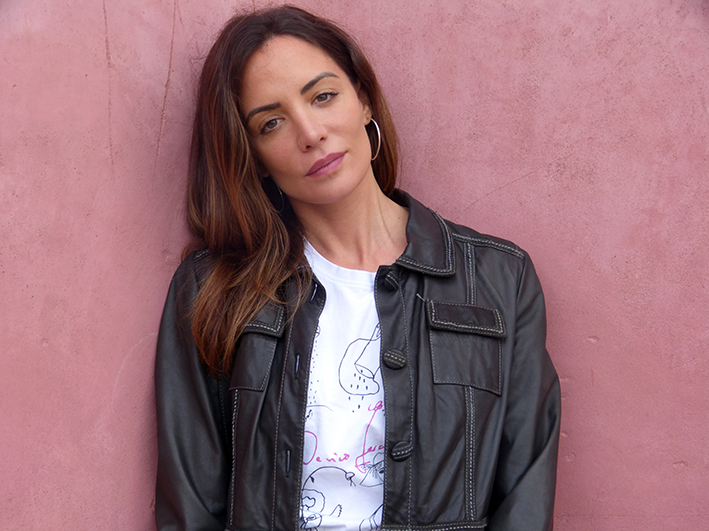
Director Juan Carlos Martel says that “we are all Yerma”
We have many repressions: my partner, my director, my work, my boss represses me… Are we freer? I consider that we are quite repressed. And it is like this: Yerma we are all. In a figurative way, there are people who want to leave the field but who are locked up in their homes. I feel like a slave to many things and I would like to get rid of them.
Do you feel Lorquiana?
Lorca is many things, like being moved by a gesture on a bus, suffering the pain in your flesh and not repressing it. It is diving headlong into the pool of life. That is being Lorquian. I get on the trampoline and fall where it takes me. Lorca is as if it were the essence of life contained in a very small perfume. Lorca had that genius of capturing the entire universe and containing it like the droplet of a Chanel No. 5 bottle of Marilyn Monroe. It is strict drug of life.
How do you feel at the Teatre Lliure, in Barcelona?
I feel very proud. It is a tremendous responsibility to come to a city that is not mine. But I feel very well received and cared for, not only by the institution but also by the city. I feel at home. I am very happy and I hope that this first leading character here is the first of many. I am a great admirer of Catalan cultural production and I reject all the differences that may have been created. At the end of the day, what we want is to move each other.
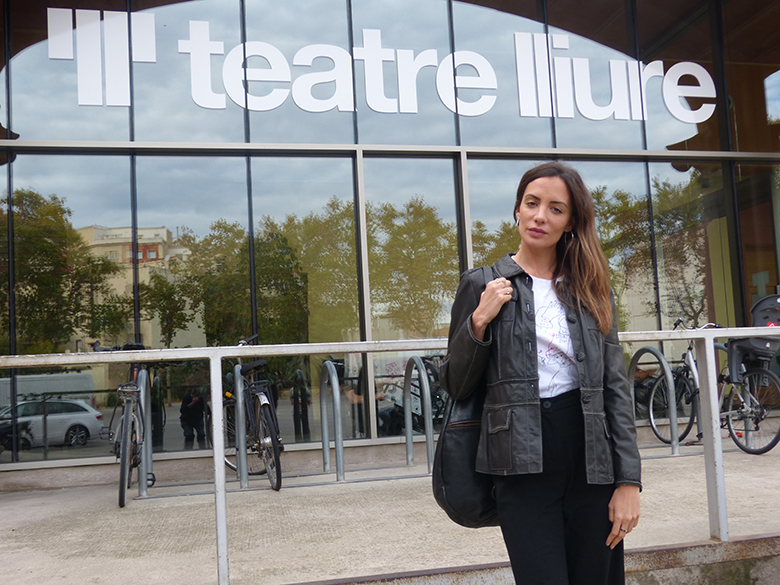
And a final thought?
In Yerma I have realized one thing: nothing can go well by locking up, since you can see how everything ends. Closing-closing will always bring tragic consequences. And the great response is to open, expand… We are open to that. Nobody wants to be in the room. We want to open up, go out… For me that is being good.

